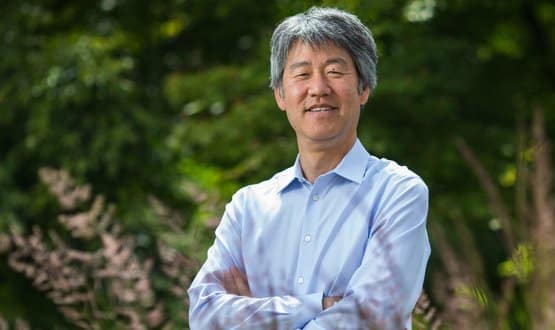Digital dictation replaces Leeds jobs
- 1 March 2011

The Leeds Teaching Hospitals NHS Trust will reduce medical secretary posts by around a third by introducing digital dictation and speech recognition for medical correspondence.
The trust, which will be going out to tender for a suitable system over the next few weeks, said that its current transcription process is too inefficient to sustain.
A spokesperson said: “The transcription process can lead to backlogs of up to six weeks in some specialities around reporting.
"This is unacceptable a a time where there is technology readily available, not only to improve turnaround times, but to improve the accuracy of reporting.”
Leeds says that its medical secretaries spend around 70% of their time transcribing notes. It estimates that the introduction of the new system should enable it to reduce 370 full time posts by 30%.
However, at a time of heightened concern about job losses in the NHS linked to the demand for ‘efficiency savings’ it does not expect to make compulsory redundanices.
Leeds has 71 posts vacant at the moment that it will not fill, and expects natural wastage and redeployment to make the further reductions necessary.
The spokesperson added: “There are 71 vacancies in the medical secretary workforce at the moment. Some staff will leave for other jobs or retire over the next two years as the system is implemented.”
More than 55,000 hours of audio dictation are generated at the trust every year. These take around 110,000 hours of secretarial time to transcribe before letters can be approved, printed and distributed.
Leeds is already using digital dictation technology in its histopathology departments and says this has improved information handling, clinical care, patient safety and experience.
The spokesperson added: “Introducing digital dictation and speech recognition for transcribing notes will help us to be a more productive organisation.
"Medical secretaries will be able to spend more time on things that only they can do and GPs will receive information about their treatment more quickly.”
The trust is also looking to make recurrent savings of £2.2m a year. It expects to award a contract by the end of March 2011.




